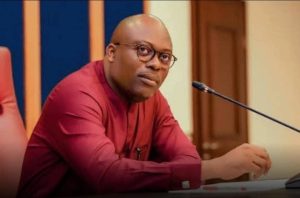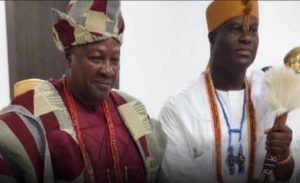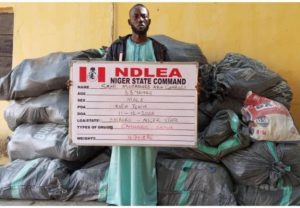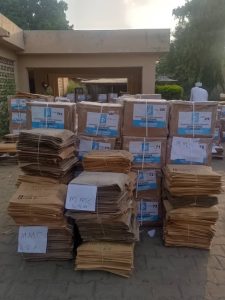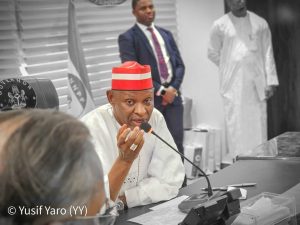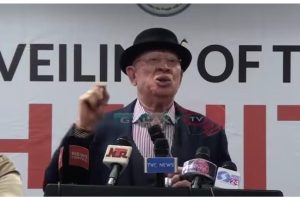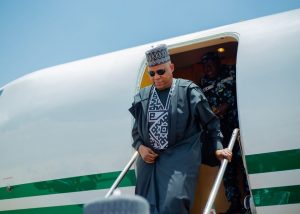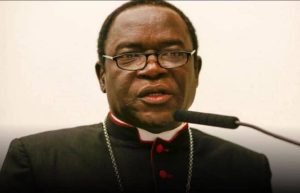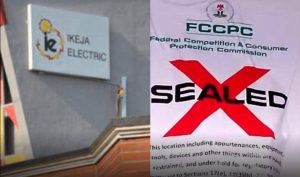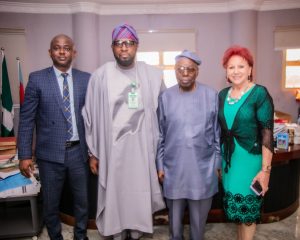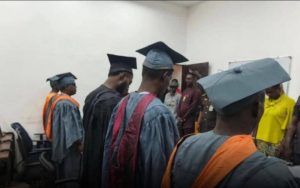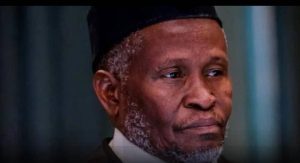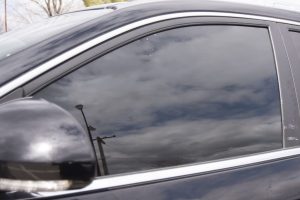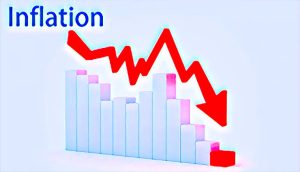By Damilare Adeleye
It is certainly no longer a breaking news that a sum of N27.5 trillion appropriation bill was proposed by President Bola Tinubu as budgetary allocation for 2024. However, evaluating some of the major contents with perspectives from key players is the focus of this piece.
Tinubu, in his maiden budget presentation, proposed the Appropriation Bill tagged: “Budget of Renewed Hope” to a joint session of the Senate and the House of Representatives on Wednesday, November 29th.
During his presentation, President Tinubu said a conservative oil price benchmark of 77.96 U.S. Dollars per barrel and a daily oil production estimate of 1.78 million barrels per day were adopted after a careful review of global oil market trends, and that a Naira to U.S. Dollar exchange rate of 750 naira per U.S. Dollar was adopted for 2024 as well.
While breaking down the 2024 Appropriation Bill, the President said the aggregate expenditure of 27.5 trillion naira is proposed for the Federal Government in 2024, of which the non-debt recurrent expenditure is 9.92 trillion naira while debt service is projected to be 8.25 trillion naira and capital expenditure is 8.7 trillion naira. Projected debt service is 45% of the expected total revenue.
“The budget deficit is projected at 9.18 trillion naira in 2024 or 3.88 percent of GDP, a deficit which was said to be lower than the 13.78 trillion naira recorded in 2023. The deficit is expected to be financed by new borrowings totaling 7.83 trillion naira, 298.49 billion naira from Privatization Proceeds, and 1.05 trillion naira draw down on multilateral and bilateral loans secured for specific development projects.”
A sharp look into the proposed budget, indicated that the Defence and Security Ministry has the highest allocation as it gulped over N3.25 trillion. Second to the rank to the foregoing is Education sector which also took N2.18 trillion. Meanwhile, N1.33 trillion was set as allocation for Health, and N1.32 trillion was proposed as the benchmark for Infrastructure. Also, a sum of N700 billion was set as allocation for Students Loan, while Social and Poverty Reduction gulped over N534 billion.
No doubt, the budget is huge with security, education and health sectors taking up the lion’s share is a pointer to the government plan to tackle social deficits in the country. Meanwhile, one major concern of the general populace is: would the budget bring any Renewed Hope as the watchword of the government rings around?
Tinubu Scores Above Average— Reno Omokri
Commenting on the budget, Reno Omokri, a former presidential spokesperson hailed Tinubu for maintaining his stance on subsidy removal, scoring the President above average on various items on the Appropriation Bill
In his words: “I must commend him for his bravery. No allocation for fuel subsidy. That alone has increased the capital allocation by at least 25%. Maybe more. His pegging of oil price at $77. 96 is a little less conservative than I had hoped, given that oil price today is around $80. So there is not much wiggle room. $65 would have been a more realistic number, in my opinion. It is better to underestimate than to overestimate.
“On the anticipation of an exchange rate of ₦750 to $1, this is very achievable and is already within reach, with the gradual clearing up of the forex backlog by the Central Bank of Nigeria.
“What I did not hear, and hoped to hear, is how the Federal Government intends to reduce its own overhead. It costs too much to maintain our National Assembly. They play a vital role and are very much appreciated. However, the present economic realities are such that Nigeria must cut corners, or we will cut ourselves. I understand the President cannot force the Legislature to reduce their budget. Still, the President can lead by example by reducing the Presidency’s budget and suggesting others reduce theirs.
“Another thing missing is a concrete plan on how this administration plans to recover public monies from people who made off with government funds in the last government. There must be no sacred cows. Those who unjustly got tax waivers should also cough up back taxes. Whether or not they are and were APC loyalists.”
Budget Has Failed To Address Needs Of Masses— Senator Ned Munir Nwoko
However, Senator Ned Munir Nwoko, lawmaker representing Delta North senatorial district, argued that the budget failed to adequately address critical facets necessary for the welfare of everyday citizens.
“The budget presentation fails to offer a clear roadmap on how the outlined allocations and policies directly translate into tangible improvements in the lives of ordinary Nigerians, leaving the populace seeking clarity on the true impact of these proposed measures on their daily livelihoods. Ordinary folks aren’t concerned about the big numbers in budgets; they want to know how it will affect their lives.
“As an advocate for an economy that truly serves the masses, I wouldn’t entirely condemn a government that borrows to provide essential services for their people. However, it’s not just about borrowing money; it’s about generating revenue within the country and making sure it improves people’s lives. Setting the exchange rate at 750 naira per dollar isn’t good for the economy. It is stifling and harmful to the Naira’s value. That’s why generating revenue within the country is crucial! The government needs to find ways to make money within Nigeria, use it wisely, and take care of the people. It’s essential to keep this process as transparent as possible,” he said in a statement issued on his social media page.
Budget of Hopeless— PDP Knocks Tinubu
The opposition political party, Peoples Democratic Party, has also described as deceitful, strangulating, and hopeless.
The PDP, in a statement by Debo Ologunagba, National Publicity Secretary, on Wednesday, urged the National Assembly not to pass the budget, saying if it is allowed to pass, it would further plunge the nation into more economic depression and hopelessness.
The opposition party charged the National Assembly, pursuant to its constitutional duty under Sections 80, 81, and 82 of the 1999 Constitution, to reject the 2024 budget as presented.
“The PDP calls on the National Assembly pursuant to its Constitutional duty under Section 80, 81 and 82 of the 1999 Constitution to reject the 2024 budget as presented and use its legislative powers to disassemble the budget and make provisions that are critical and pivotal to the growth of the economy and the welfare of Nigerians,” the party said.
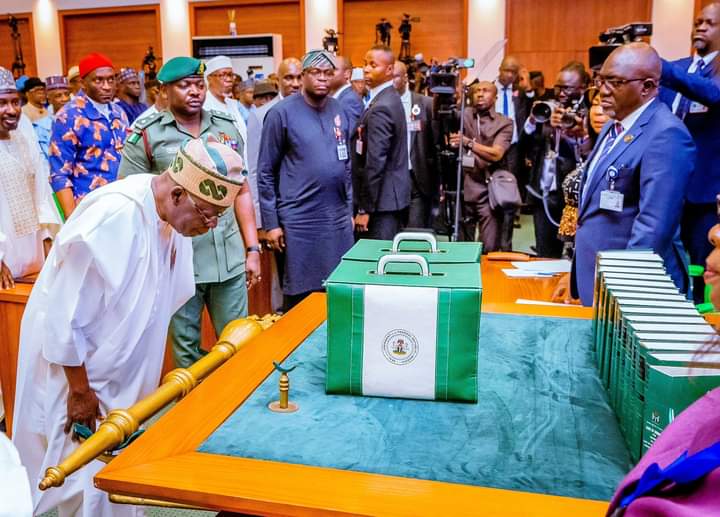
Ologunagba said the budget is devoid of concrete mechanisms to revive the economy, create jobs, address the comatose manufacturing and productive sectors, human capital development deficiencies, and depleting the life expectancy of Nigerian citizens.
He alleged that the 2024 budget is filled with heavily padded figures, duplicated items, and several false statistics, including claims of global increase in the inflation rate.
What is more, all the economic jargon and percentages in the budget do not really matter to any average Nigerians. What is very much important is the effectiveness on the betterment of the common people. Let’s see the reduction in prices of domestic items which have astronomical skyrocketed due to government policies. The government should work assiduously to bring the cost of consumable goods down, create more jobs, increase workers’ salary and perhaps provide infrastructures both in education and health sectors. These are effects the people want to see. What would validate the budget as indeed a Renewed Hope will be determined by number of people it would remove from poverty line.
Damilare Adeleye is a socio-political commentator. He can be reached via: damilareadeleye025@gmail.com.








